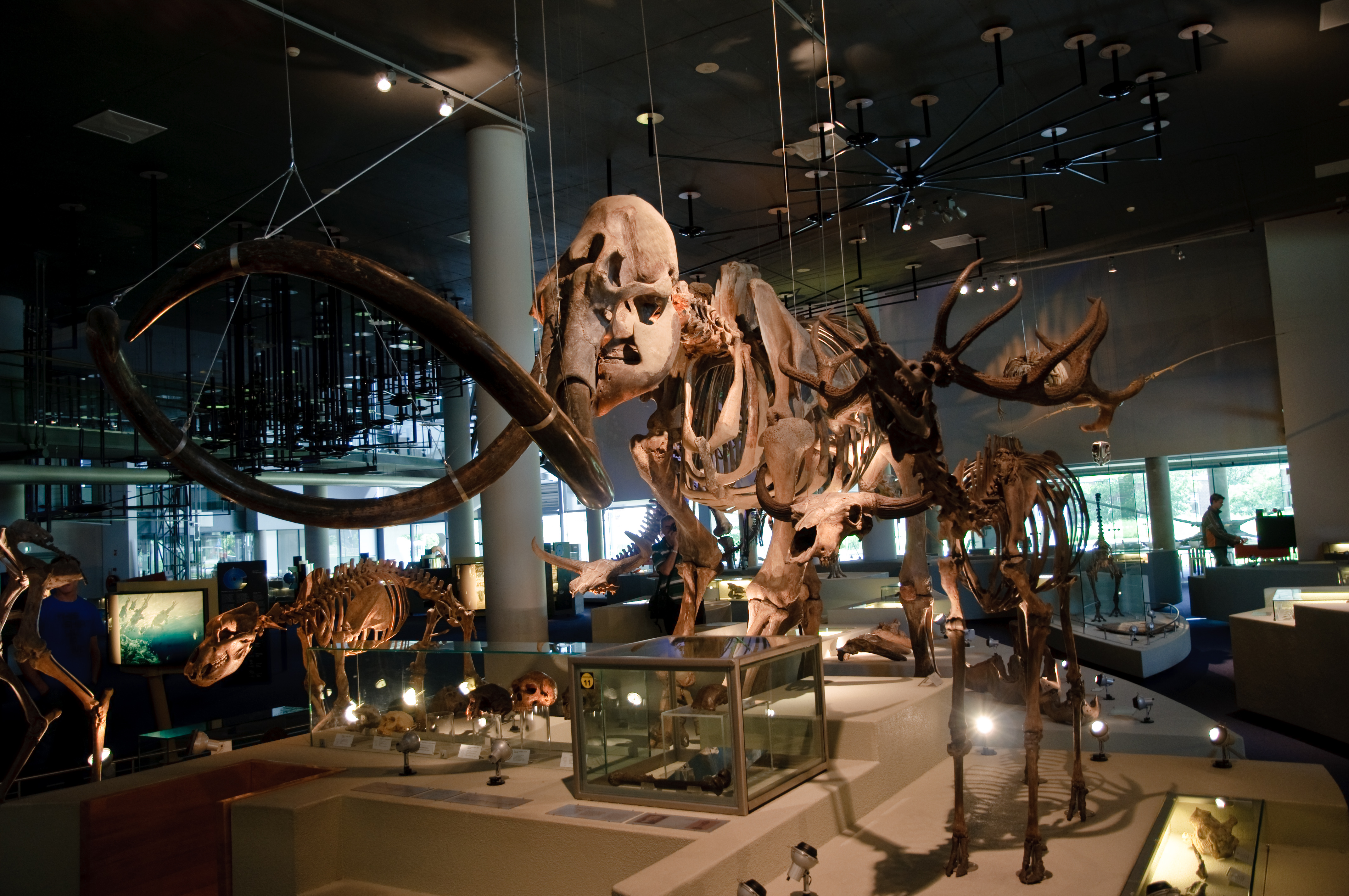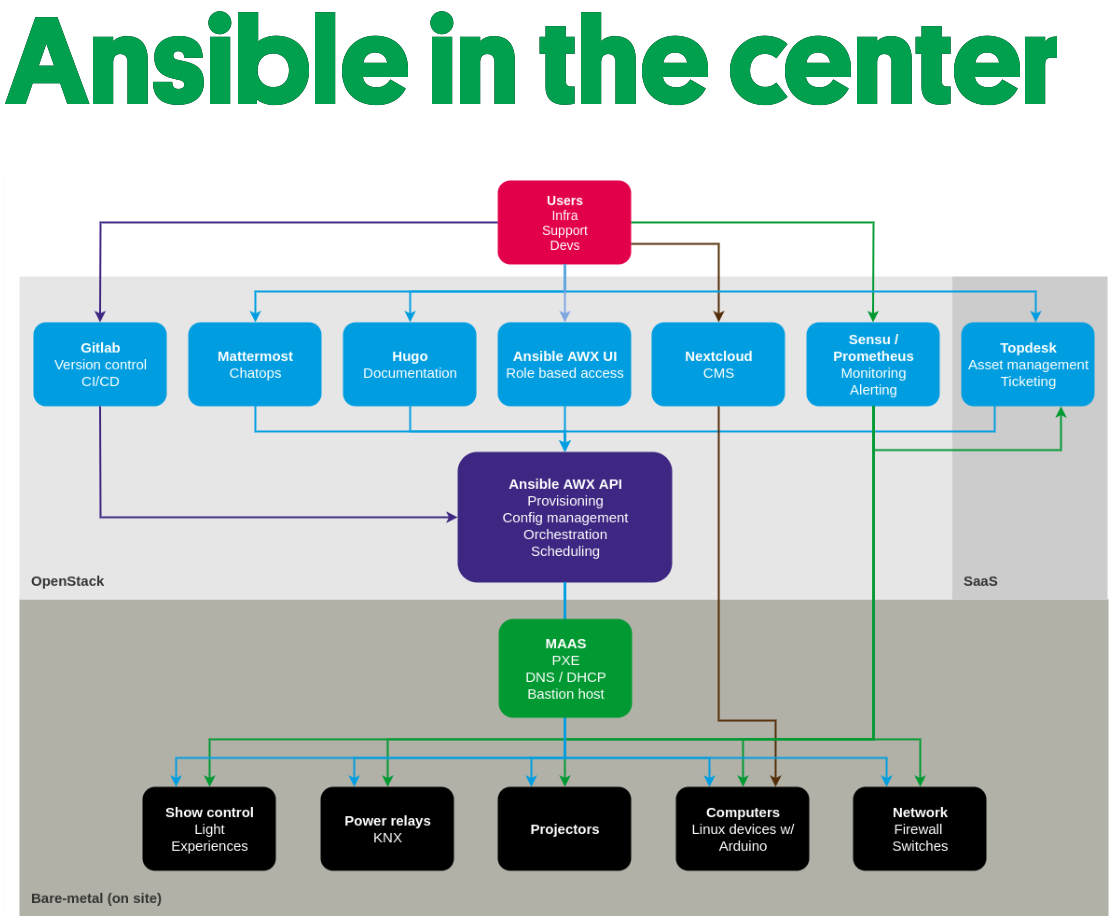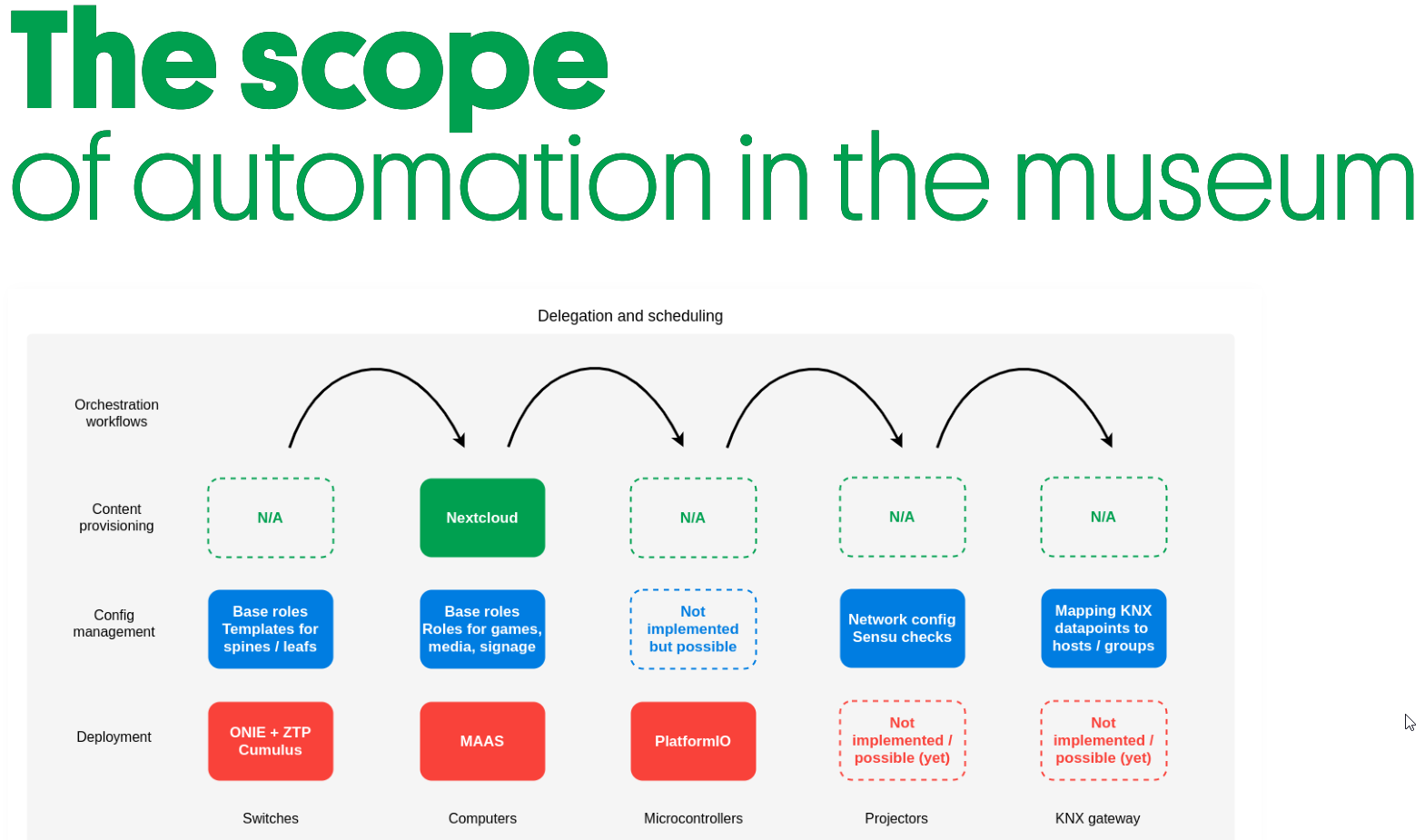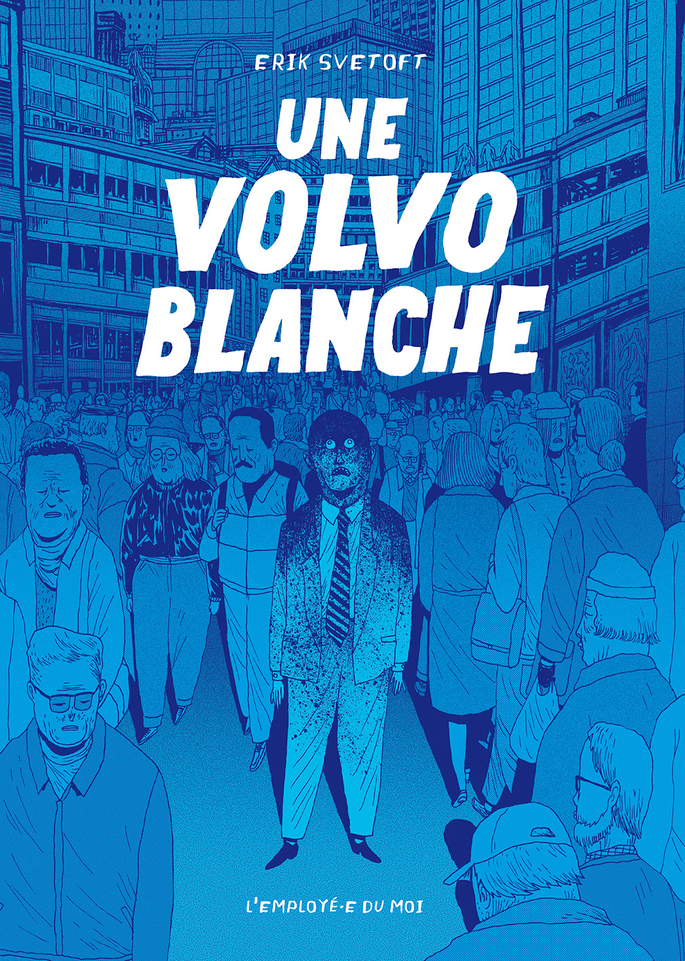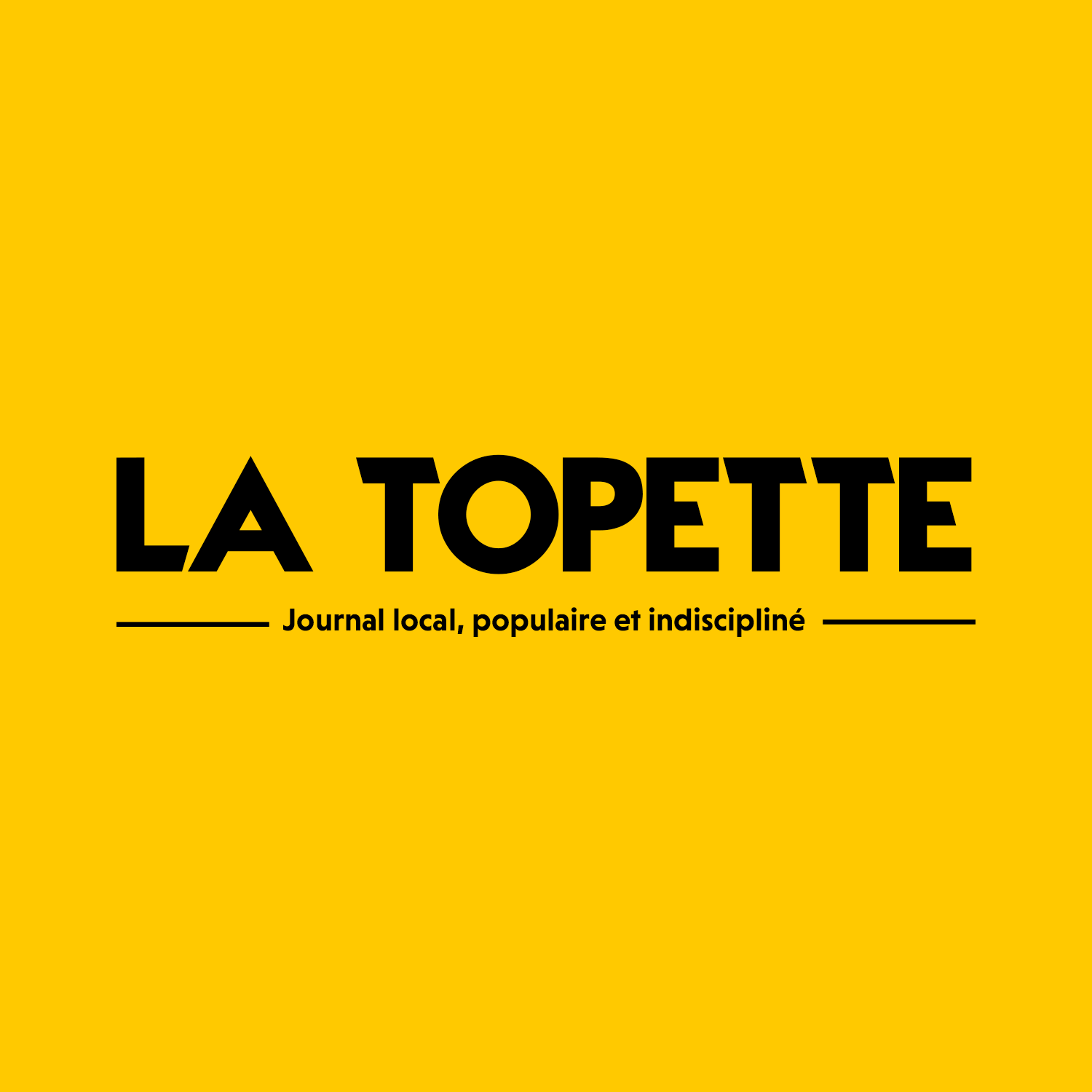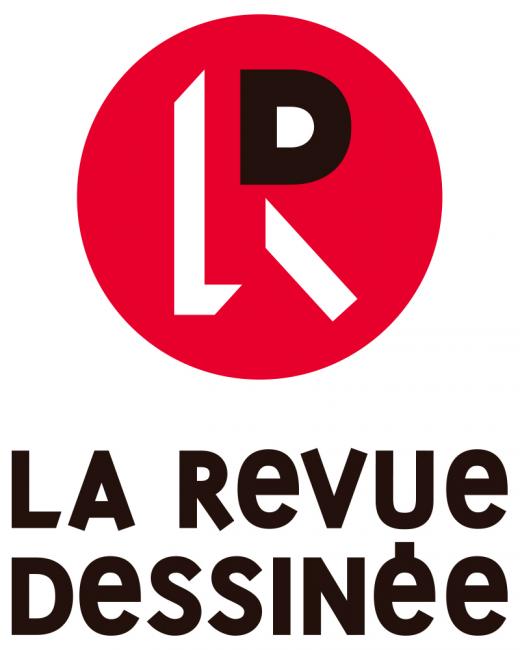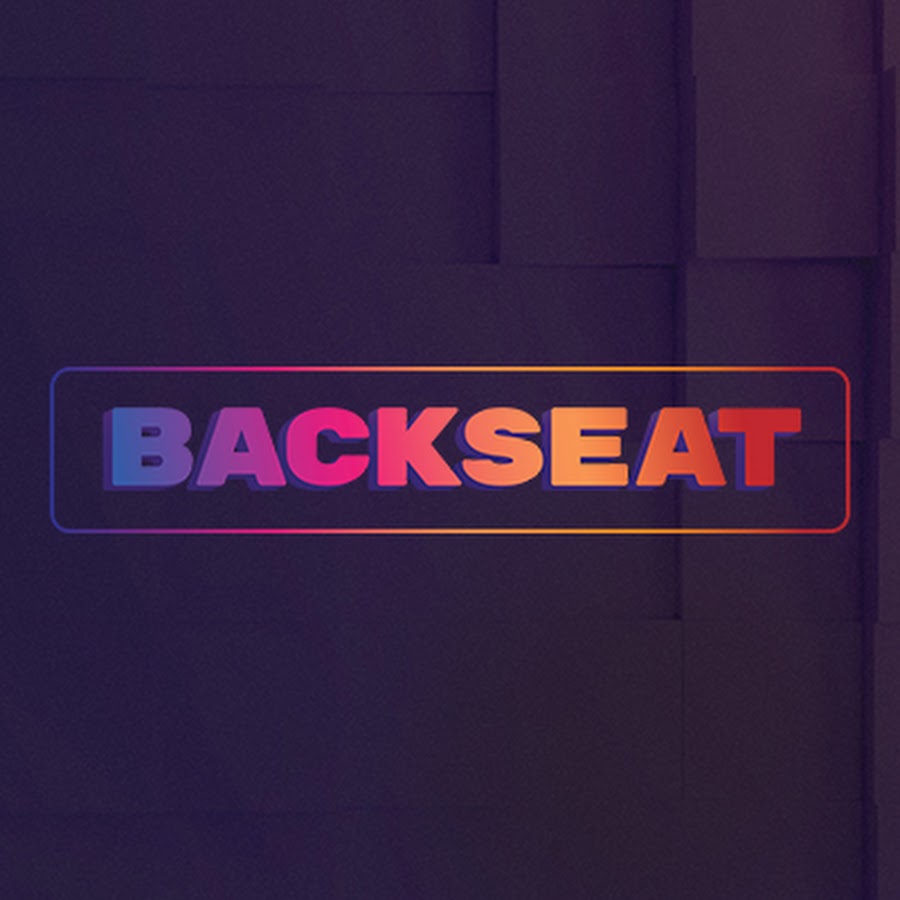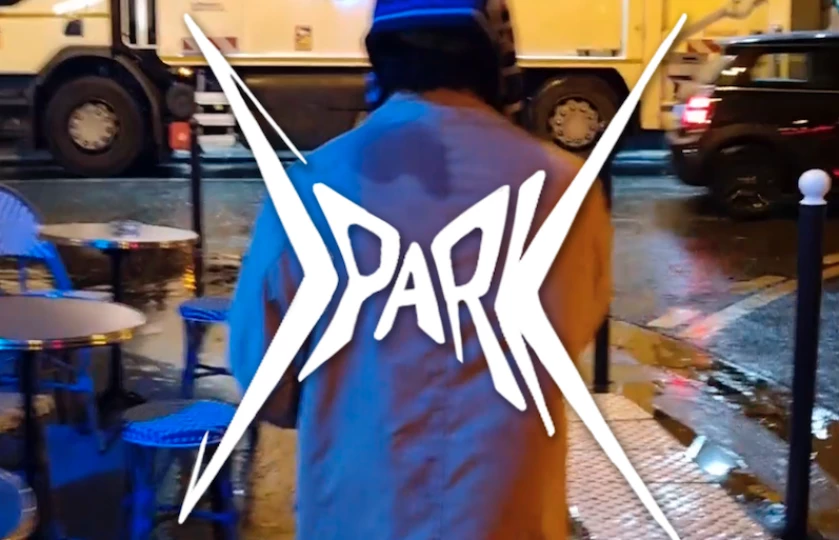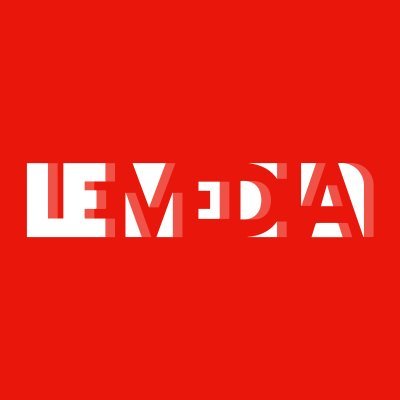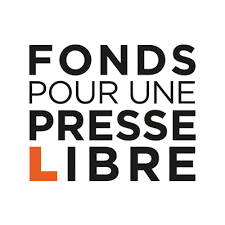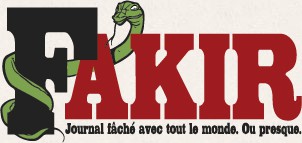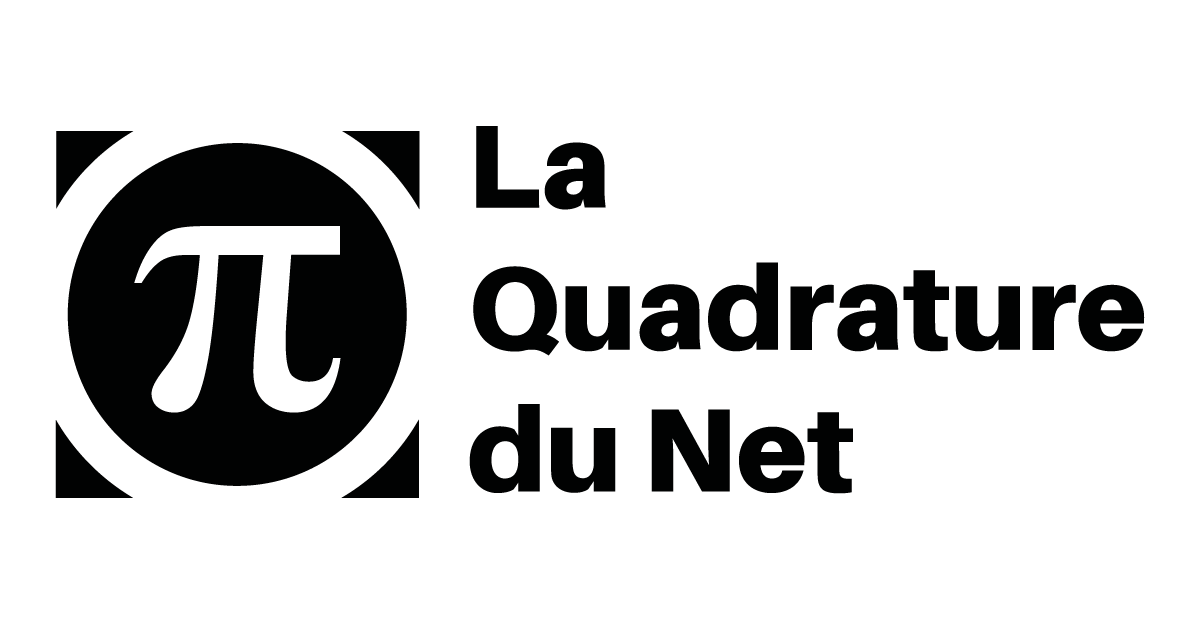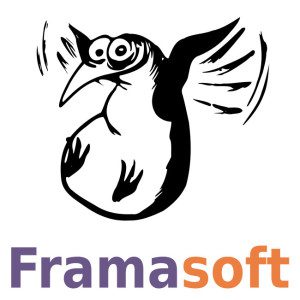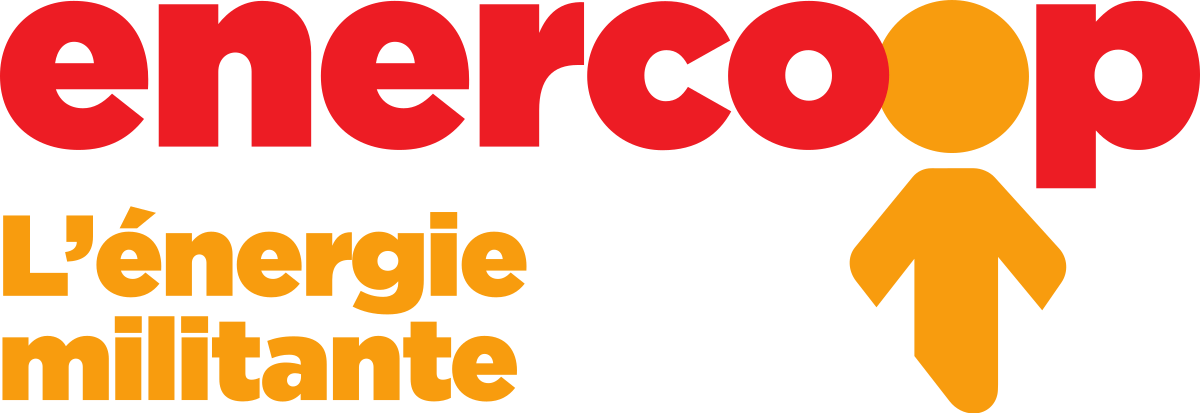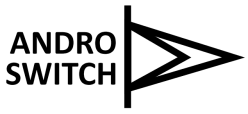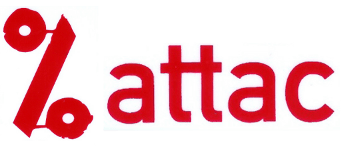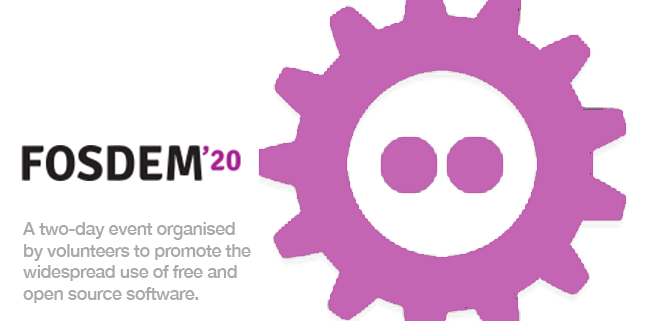
The FOSDEM'20 (Free & Open Source Developers’ European Meeting) conference is:
a free event for software developers to meet, share ideas and collaborate
It took place last week-end at the Université Libre de Bruxelles, and I had the chance to attend it.
Sincere thanks to my employer, oui.sncf, for financing the accommodation & transport!
The following are some frugal notes on the talks I've seen there.
- Saturday 10:00 How FOSS could revolutionize municipal government - Danese Cooper
- Saturday 11:30 Doomed are the dinosaurs! - David Heijkamp
- Saturday 12:00 Civil society needs Free Software hackers - Matthias Kirschner
- Saturday 12:20 A tool for Community Supported Agriculture (CSA) management, OpenOlitor - Mikel Cordovilla Mesonero
- Saturday 12:40 What's in my food ? Open Food Facts - Pierre Slamich
- Saturday 13:00 Web3 - the Internet of Freedom, Value, and Trust - Bruno Škvorc
- Saturday 14:00 The Hidden Early History of Unix - Warner Losh
- Saturday 15:00 A best practices guide for FLOSS community managers - The Open Source Way v2.0 - Karsten Wade & Shaun McCance
- Saturday 16:00 Journalists are researchers like any others - Anne L'Hôte & Bruno Thomas
- Saturday 17:30 Creating Sustainable Public Sector Open Source Communities - OSOR team
- Sunday 11:00 Is the web rea11y for all? - Ioana Chiorean
- Sunday 11:55 Cognitive biases, blindspots and inclusion - Allon Mureinik
- Sunday 12:55 Bringing back ethics to open source - Tobie Langel
- Sunday 15:00 File sharing & storage for human rights organizations - Allon Bar & Abigail Garner
- Sunday 15:30 Design contributions to OSS: Learnings from the Open Design project at Ushahidi - Eriol Fox
- Sunday 16:00 Sunday 16:00 NGI Zero: A treasure trove of tech awesome - Michiel Leenaars
- Sunday 16:20 European Software Engineering funded research - Luis C. Busquets Pérez
- Conclusive notes
Saturday 10:00 How FOSS could revolutionize municipal government - Danese Cooper
The has a bio on Wikipedia.
A quote that I liked:
Open Source is Art. We're attached to our creations the way painters are.
Some city experiments mentioned:
-
Extremadura (Spain) is a small, with a population of about a million, and relatively cash-poor region that has defined a strategy based on libre software to catch upon information society issue
-
Munich city wanted to get rid of Microsoft in 2003. They succeeded, but last year they switch back to Windows. For the whole city administration IT services 😞
-
Paris & the web portal Lutece (Wikipedia). More info on those slides : https://fr.slideshare.net/OW2/powering-digital-city-tools-with-open-source-ow2con18-june-78-2018-paris
- over 500 plugins, half hosted on GitHub
- +300 commiters along 15 years
- 210 business apps, websites & online services
- More than 600 Lutece instance running
- 100% on Linux
- 0 € of license
Participatory budgeting :
Many things mentioned in this talk are follow-ups of Open Sources 2.0 - The continuing evolution - 2006, book chapter "Public Administrations & Libre Software".
Saturday 11:30 Doomed are the dinosaurs! - David Heijkamp
Deploy & manage an entirely new natural history museum: Naturalis in Leiden, Netherlands
Infra based on OpenSteck & Ceph, some workloads on Kubernetes (at some point), analytics with Sensu, ELK and Grafana
- Built on existing infra & know-how
- Use high quality open source components
- Apply 'infra as code' & devops to infrastructure & museum
A quote that I liked:
Turning on the museum is done through AWX every morning by someone working at the security.
Saturday 12:00 Civil society needs Free Software hackers - Matthias Kirschner
More and more traditionally processes in our society now incorporate, and are influenced by software. Processes that decide for example: Who will be able to go to which university? Who will be invited for a job interview? How long does someone have to go to jail?
Matthias Kirschner is FSFE's president :
Examples mentioned:
- Parcoursup en France : website - Framagit
- CVs filtered by proprietary software before being looked by any human, in many countries inc. UK
- USA's Compas (Correctional Offender Management Profiling for Alternative Sanctions), used to weigh up whether defendants awaiting trial or sentencing are at too much risk of re-offending to be released on bail (more info in an article on theguardian.com)
Saturday 12:20 A tool for Community Supported Agriculture (CSA) management, OpenOlitor - Mikel Cordovilla Mesonero
Web-based tool to facilitate the organization of Community Supported Agriculture groups.
- http://urgenci.net/the-csa-research-group/ : in France, they are named AMAP
- https://openolitor.org
- Open Olitor on sunu.eu
The name means "Open gardeners", it's from latin.
Saturday 12:40 What's in my food ? Open Food Facts - Pierre Slamich

I especially liked this slide, describing the percentage of fruit in Fanta drinks sold in different places around Europe:
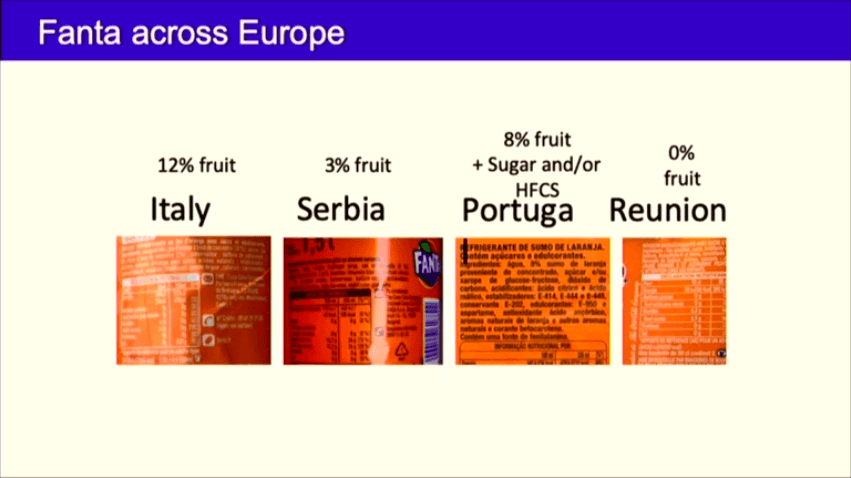
All data is under Open Data License
They are extending their initial idea:
- Open Beauty Facts
- Open Pet Food Facts (French introduction on LinuxFr)
- Open Product Facts
OpenFoodFacts also improves accessibility, e.g. allow blind people to know what there is in the food they buy
Info on how to contribute: https://world.openfoodfacts.org/development
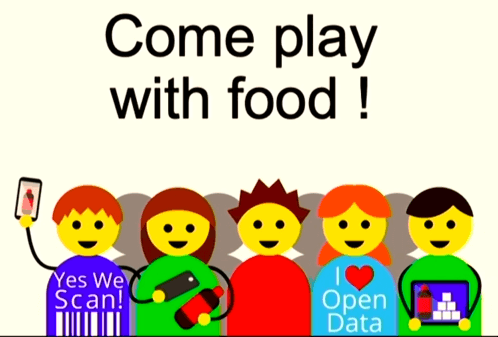
Saturday 13:00 Web3 - the Internet of Freedom, Value, and Trust - Bruno Škvorc
Our ultimate goal is delivering Web 3.0, a decentralized and fair internet where users control their own data and markets prosper from network efficiency and security.
Web 3.0 is:
- Linked data
- Distributed data
- Add a layer of trust on the network (through blockchains)
That's all we want: Transfer messages from anywhere, to anywhere
Saturday 14:00 The Hidden Early History of Unix - Warner Losh
A truly fascinating talk about programming archaeology, recounting the tale of how the very first Unix build systems!
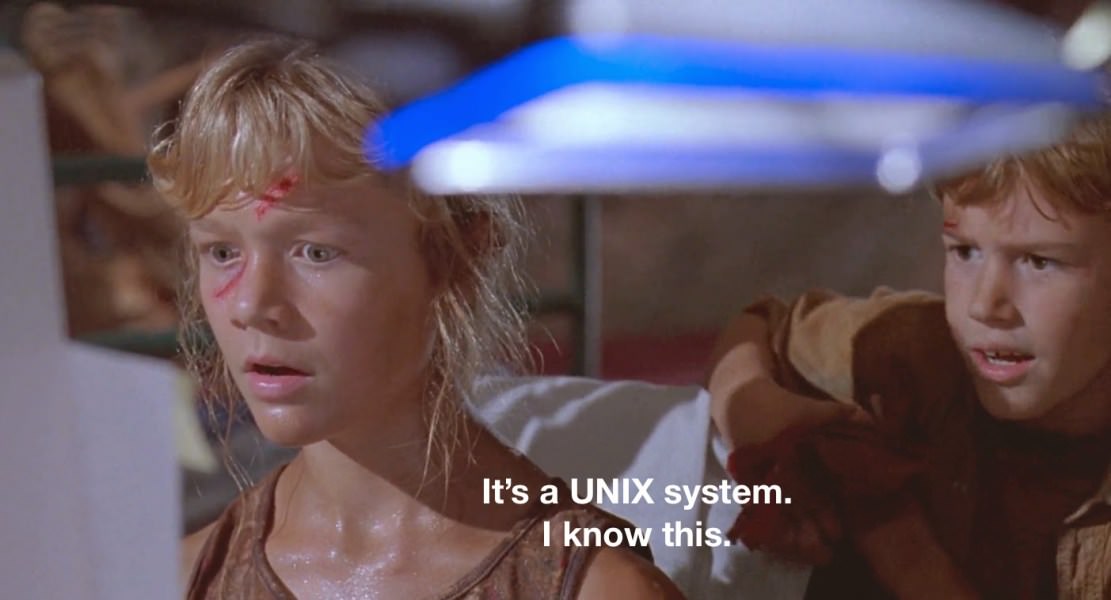
PDP-7 sources have been recently recovered,
and at the time, the "userland" was limited to ~25 commands (I only recognized cat, check & chmod),
with init, ln, ls, mv & sh newly written!
A LCM+L PDP-7 booting and running UNIX Version 0... with a typewriter serving as output!!!
As a side note, pdp-7 emulator won became IOCCC 2018 winner!
The growth of the number of computers running Unix is quite interesting:
- for Unix 2nd edition (June 1972), there were 10 installations
- for 3nd edition (February 1973) : 16 installations
- for 4th edition (November 1973) : 20 installations
- for 5th edition (June 1974) : above 50 installations
- for 6th edition (May 1975) : over 100 sites
Warner Losh also dwelves into a few interesting questions: What was the first fork of Unix ? What was the first Unix running under an hypervisor ?
And finally, there is one of the very first Unix fan-arts picture!
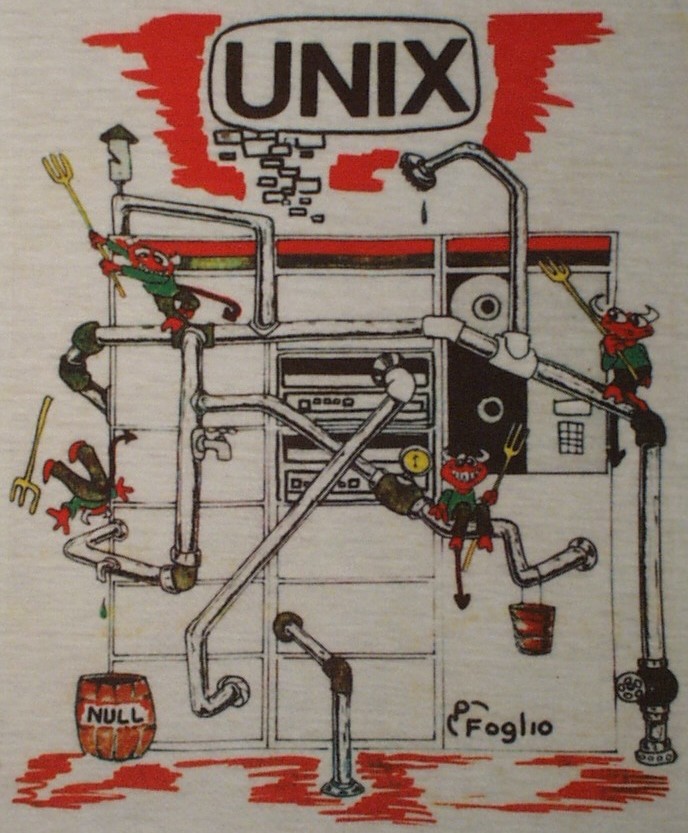
Saturday 15:00 A best practices guide for FLOSS community managers - The Open Source Way v2.0 - Karsten Wade & Shaun McCance
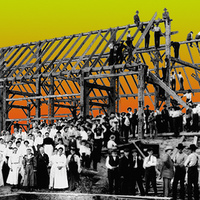
Two speakers from Red Hat presented a project they are starting : a collaboratively-written, community-driven, guide for FLOSS community managers:
-
http://www.theopensourceway.org - Some notable sub-pages:
-
GitHub repo theopensourceway/guidebook, including some Guidelines outline
a (somewhat opinionated) guidebook for anyone interested in managing open source communities. It collects best practices for initiating, nurturing, growing, and maintaining groups of passionate contributors.
Following a question, it was clarified that such guide is only needed at the point where the number of contributors reach a certain point, where self-organizing does not work / something more structured is needed.
This birds of feathers (BoF) was mainly an exchange of questions & reflections on this project, hence difficult to summarize.
A provocative idea, but one I found very interesting, was to have a TESTAMENT.md file explaining how a project is planning to "retire",
if ever it "fades out", e.g. due to a lack of motivated contributors / finance:
would it get archive ? Donated or merged to an org ?
Saturday 16:00 Journalists are researchers like any others - Anne L'Hôte & Bruno Thomas
The room was full, so I wasn't able to assist to this talk. Thanks to FOSDEM video recordings, I'll watch it soon!
It made me discover this interesting initiative though: the International Consortium of Investigative Journalists "Leak to us" page:
[We] encourages whistleblowers to securely submit all forms of content that might be of public concern - documents, photos, video clips as well as story tips. We accept all information that relates to potential wrongdoing by corporate, government or public service entities in any country, anywhere in the world. We do our utmost to guarantee the confidentiality of our sources.
Saturday 17:30 Creating Sustainable Public Sector Open Source Communities - OSOR team
OSOR = Open Source Observatory
Description from Wikipedia:
online project launched by the European Commission to support the distribution and re-use of software developed by or for public sector administrations across Europe.
This was a collaborative group thinking workshop, and probably the most interesting FOSDEM event of the day for me!
The goal was to have a reflection on guidelines for open-source projects to adopt across Europe, that would improve their sustainability. They stated that they wanted to initiate
a discussion on the key elements that contribute to OSS communities’ vibrance, governance and sustainable finance.
The OSOR team constituted of Monika Sowinska, a European Commission project officer, Dr Maha Shaikh, and several consultants from the Wavestone cabinet.
They told us they were planning to draft, this year, some official guidelines along those lines. They should get back to us through email, so I'll include more information here when I'll know more.
Note: because OSOR main page is on Joinup, it made me discover this european "software solutions" catalogue catalogue.
EDIT [2020/02/24] : on February the 11th, an email was sent to the participants, with enclosed a Power-Point presentation (sic) including the slides they showed us during the workshop, and the "Brainstorming session results".
Those slides can be found online at the bottom of this article on Joinup: Workshop on sustainable OSS communities in public sector at FOSDEM20
As for myself, I took part in the brainstorming group about "Governance". I am glad they included pictures of the post-its board in the slides, as they accurately reflect the output of this short session. However, I have to say that I am surprised on how some of the ideas expressed at the workshop have been transcribed. I certainly do not recall anyone suggesting anything even close to those "results" from the slides:
Governance should be enforced because hierarchy does not always happen naturally
Projects have three core phases that are better facilitated through the enforcement of governance standards: 1. Maintenance 2. Deployment 3. Operation
While this "group brainstorming" format was really interesting to generate discussion and exchanges of points of view around those thematics, I fear that a large part of interpretation has been done on the resulting post-its boards: I sincerely think that the "brainstorming session results" from this workshop do not properly reflect the opinions of the participants.
Finally, I am a bit disappointed that the survey they sent us is only addressed to members of open source community managed by the public sector link to the survey. They do not seem interested in consulting members of other open-source communities.
EDIT [2020/06/02] : I missed that before but the OSOR has a newsletter.
It is also redacting interesting Intelligence reports on the use of open source software per european country.
Sunday 11:00 Is the web rea11y for all? - Ioana Chiorean
Sunday 11:55 Cognitive biases, blindspots and inclusion - Allon Mureinik
Sunday 12:55 Bringing back ethics to open source - Tobie Langel
Link to online slides: https://speaking.unlockopen.com/8bsoum/bringing-ethics-back-to-open-source
Really inspiring talk, despite the technical difficulties !
I loved the speaker idea to imagine where we would be if from the start, OSD licenses would have been created with ethics like human rights in mind.
What kind of inspiring uchronia could we imagine there ?
A few random thoughts:
- would it have slowed down OSS adoption ? I'd say no, because most projects would likely not object to pro-human-rights clauses... It could actually be an attractiveness factor for contributors: we can assure you that the code you willingly write under this license will never be used to anti-human-right activities.
- would some kind of failsafe systems be embedded in software, so that a democratically elected body could disable OSS systems used in against human rights ?
- is this subject linked to transparency of OSS usage ? Should OSS usage be registered ? I have strong doubts here...
- there is also the subject of classifying which OSS is "dangerous" to human rights, or definitively not.
- how would you control the application of those licenses terms ? How would you enforce rules at a worldwide level ? (legally, but also very likely by political "force")
A "strong concept word / image", similar to the term "copyleft", could be useful to express this idea. Human-rights-enforcing licenses ? Probably not catchy enough...
EDIT [2020/02/14]: a similar idea to prevent oil and gas companies to use software under a specific license: https://github.com/climate-strike/license
Sunday 15:00 File sharing & storage for human rights organizations - Allon Bar & Abigail Garner
Also a very interesting talk!
- Overview of some of the open source tools used by Least Authority
- article on their blog summarizing the project
One thing I found interesting: they had to write a Memorendum of Understanding to clarify their goals and to reassure their partners about how they do not want to legally bind them.
They mentioned that one of the existing solutions in use by human right organizations was https://cryptpad.fr
After the talk, with a friend of mine also present at the FOSDEM, we wondered what what the use of a distributed system in that case? Supposedly the hosting could be done in "safer" countries, having less to fear from criminal governments, and hence not really at risk? We also wondered if existing technical solutions like PGP were considered, and if so why they weren't adopted ?
Sunday 15:30 Design contributions to OSS: Learnings from the Open Design project at Ushahidi - Eriol Fox
An interesting talk, building bridges between the Open Source community and the designers community: what they can learn from each others, and what the speaker learned from her experience to make both worlds work together.
I hope a video recording will be uploaded.
Sunday 16:00 NGI Zero: A treasure trove of tech awesome - Michiel Leenaars
It was difficult to take notes of this very fast lightning talk, but there is a lot of information to be found on the FOSDEM event description.
Sunday 16:20 European Software Engineering funded research - Luis C. Busquets Pérez
Same here, note much notes taken, also getting a bit tired by the end of the week-end 😉
All those inspiring talks about open source gave me an urgent feeling of "I want to code!", so I started coding on a new Pelican plugin instead of paying much attention to this last talk...
Conclusive notes
The event was awesome! Everybody felt very friendly, but it was also quite crowded (slightly a bit too much for me).
It felt to me there was a higher proportion of female participants than in other conferences, which is great!
Thanks a lot to the event organizers for putting up a "Dualstack" Wi-Fi hotspot (IpV4 compatible): I too would like everybody to use IpV6, but with my employer-provided Windows laptop, I couldn't have accessed Internet at all during this week-end 😁
The number of talks and subjects covered was huge! IMHO, there were just a bit too many "visionary" talks about "the future of the Internet" 🙄
I'll conclude with an interesting read for French-speaking people that are not necessarily into programming & systems, but are still interested by the ethics & goals of Libre & Open Source software: débuter dans le Libre (sans avoir rien à coder) - Framablog.
